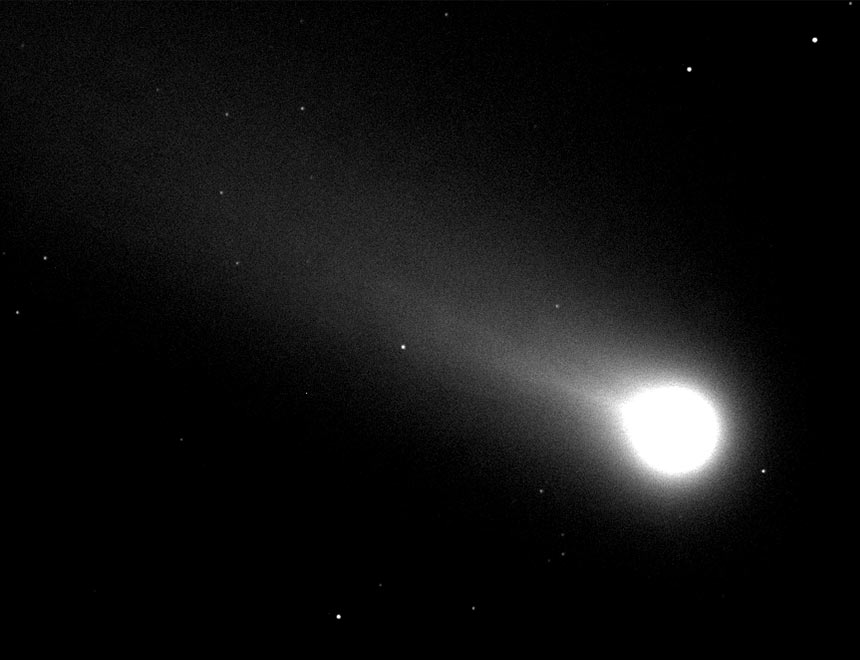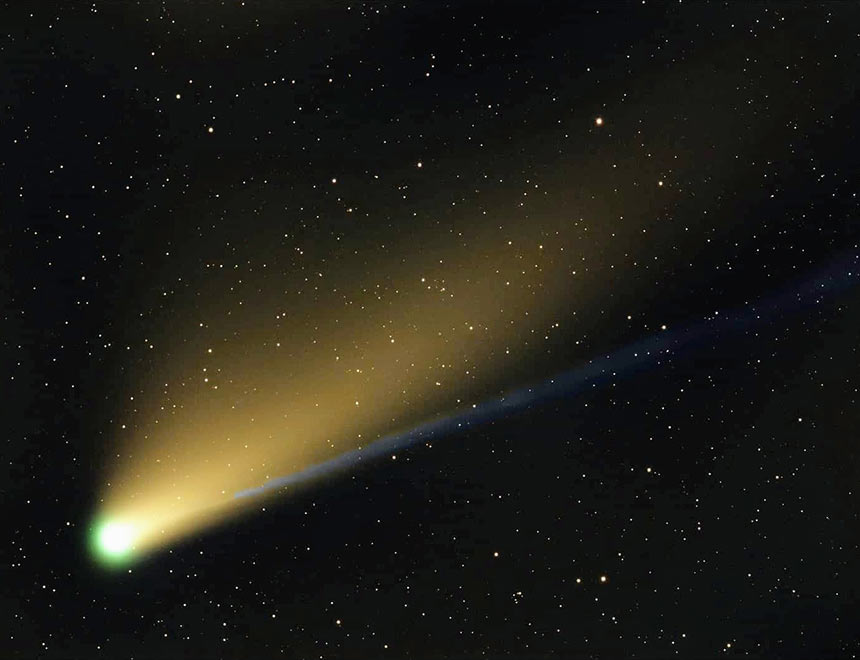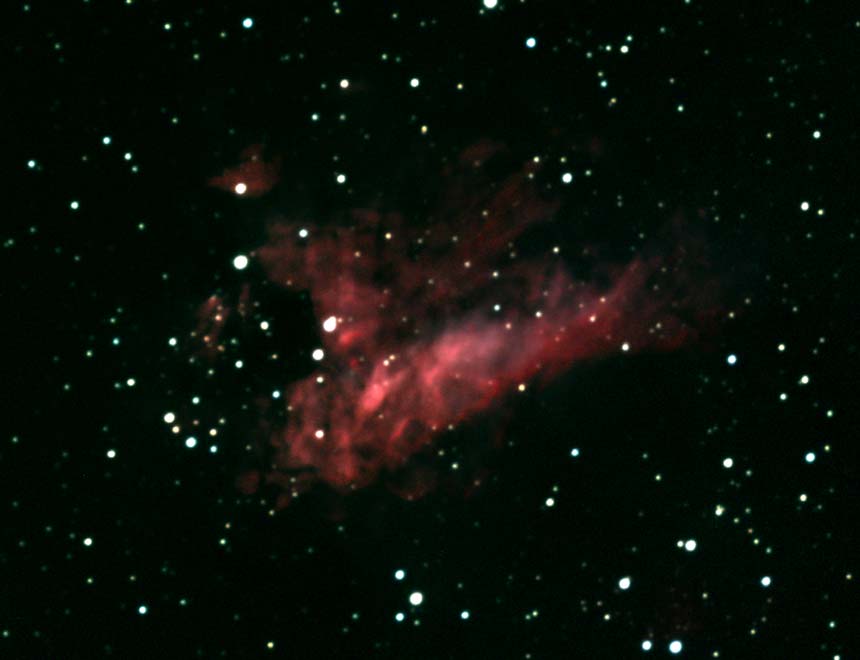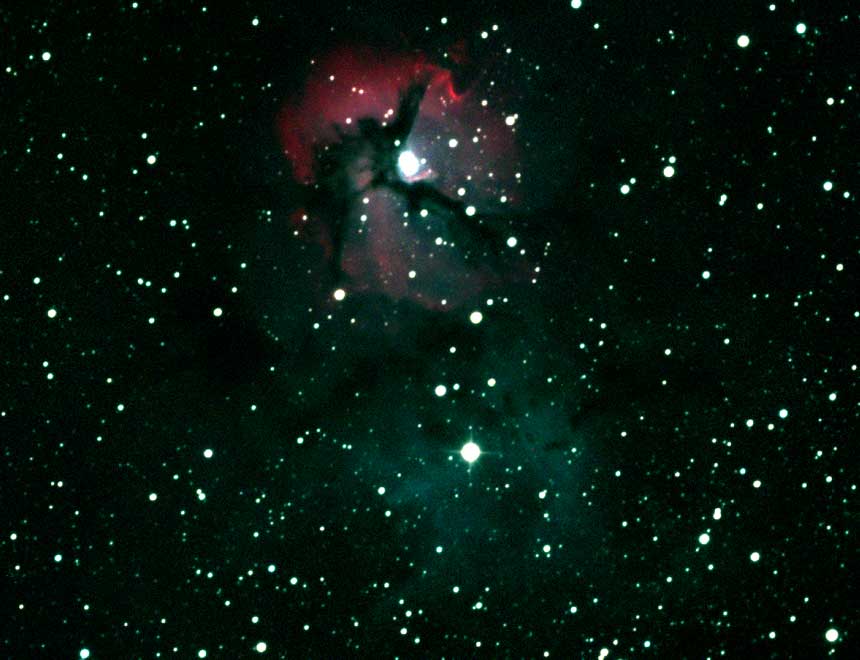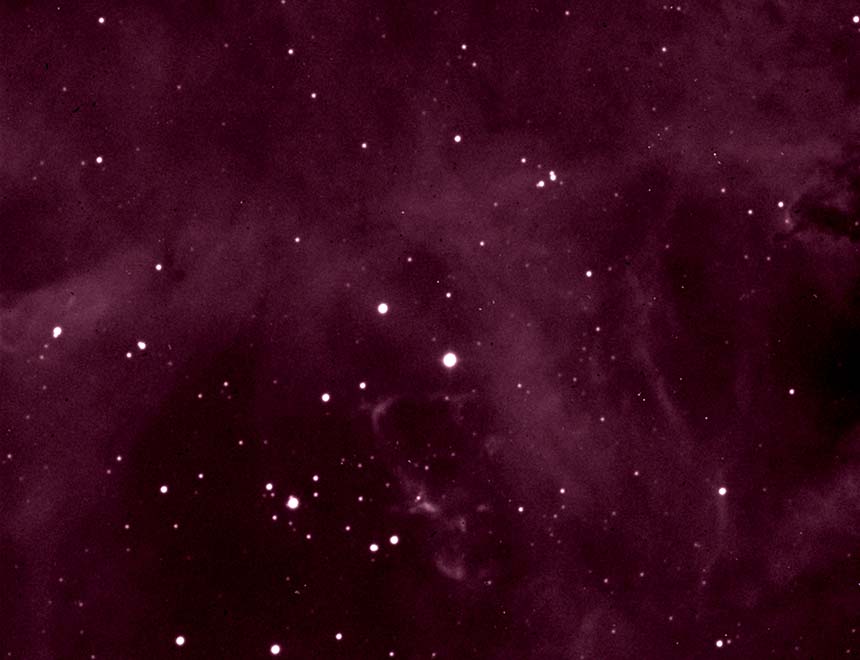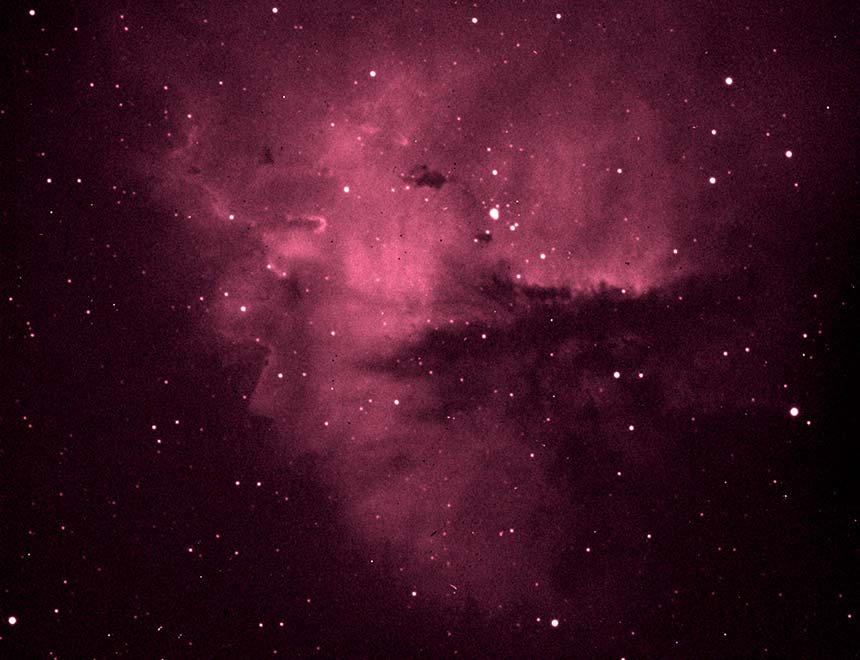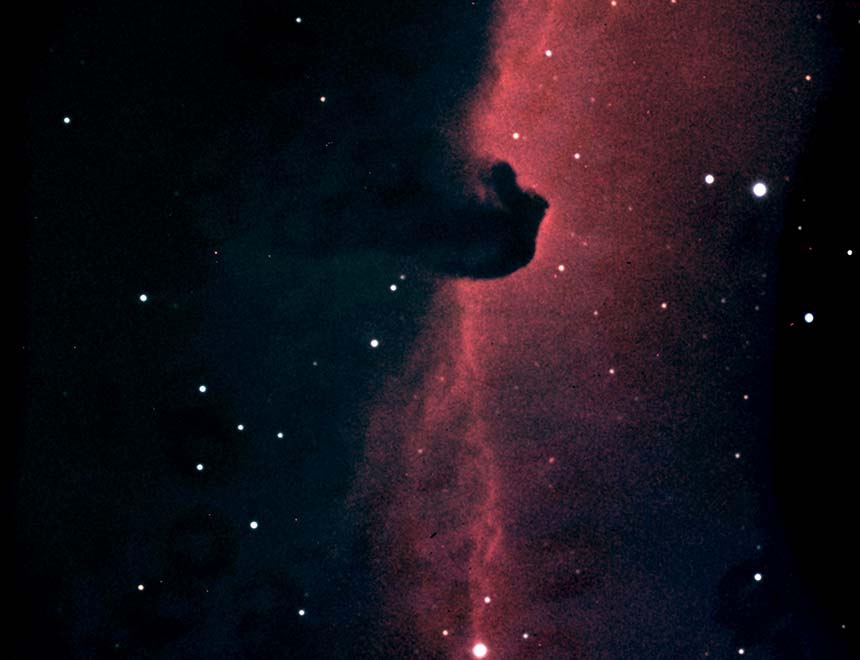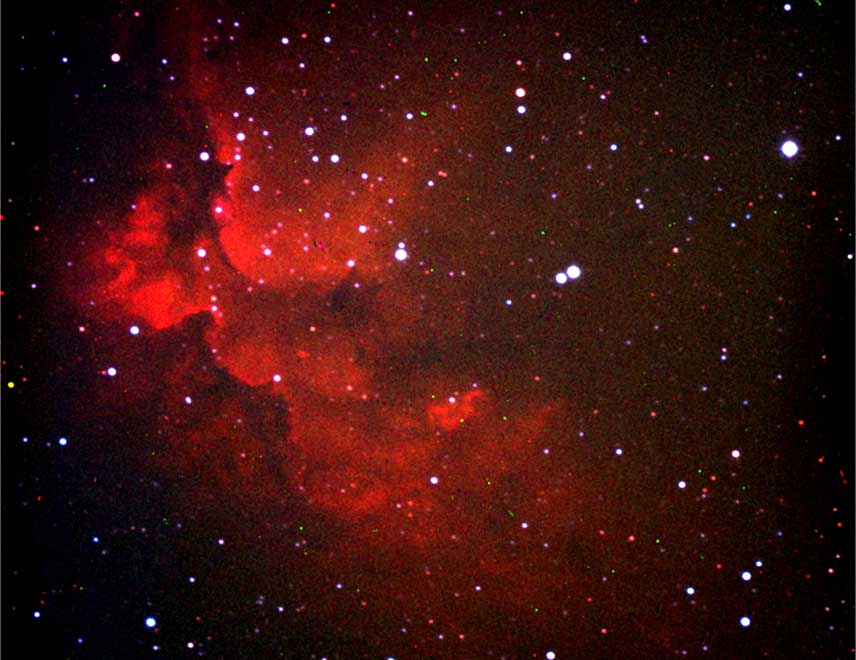Perched atop the Information Technology building on the American Public University System (APUS) campus in Charles Town, West Virginia is a bright white dome. Inside that dome is a 650-pound reflective telescope with a mirror that is two feet across. The Planewave CDK24 telescope, equipped with a highly sophisticated digital camera, is integral to the University’s Space Studies curriculum. This fully remote-controlled telescope is a testament to the University’s commitment to providing innovative online instruction.
The telescope is a dedicated resource for both faculty and students in the APUS Department of Space Studies — both groups have regular access to the telescope for original astronomical research and other educational pursuits.
"At most universities, telescopes are only accessible by traveling to the university's observatory to look through the instrument, at APUS students link remotely to our telescope and work with faculty online to learn how to acquire images of the Moon, stars, and planets that can be downloaded to their computers."
- Space Studies Program Director Dr. Ed Albin.
Images collected with the telescope give faculty the ability to present unique instructional materials to students, as opposed to sourcing examples exclusively from other observatories or telescopes. APUS students are seeing what fellow students and APUS faculty have captured.
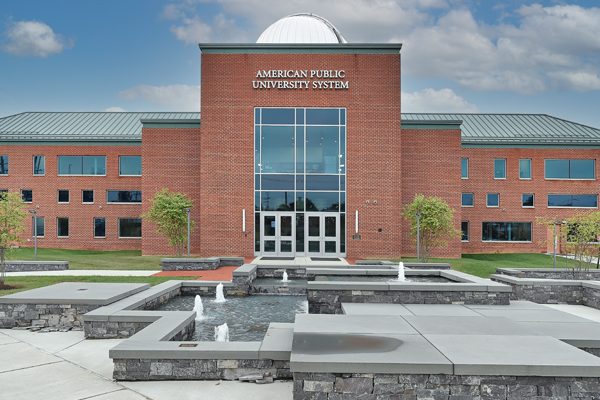
The APUS Technology Building with observatory dome, located in Charles Town, West Virginia.
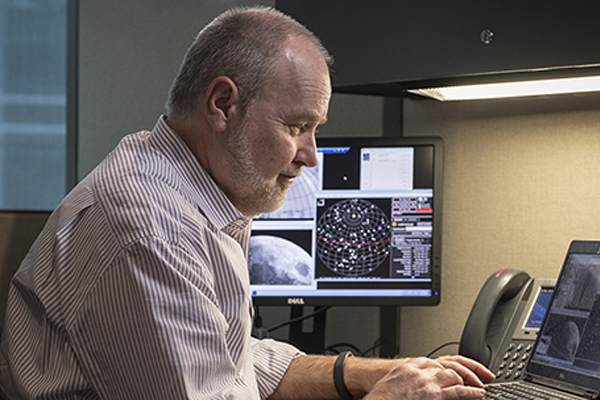
Dr. Ed Albin controls the telescope from his computer.
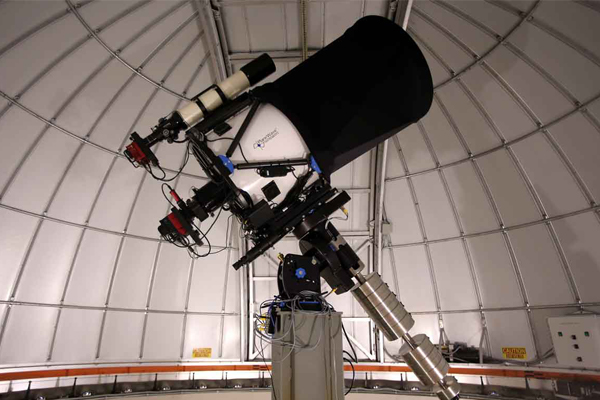
A view of the telescope inside the dome.
APUS graduate students in the program work with faculty to collect original astronomical data for their own research and thesis projects. APUS undergraduate students in the program are given the opportunity to assist in analyzing the data, thus gaining authentic hands-on observational experience. As it stands, APUS is one of the only online universities to operate a telescope of this size, giving graduates of the program a competitive advantage as they enter the workforce or move on to graduate work.
Exclusively reserved for the use of APUS faculty and students, examples of investigations with the telescope include observations of exoplanet transits, supernova searches, and variable star photometry. The telescope can be operated manually or scripted to conduct observations independently; this feature is utilized by the supernova search program, for example, to observe dozens of galaxies each night. The department goal is to always have the telescope scheduled for continuous observation (on all clear evenings) throughout the year.
Very few space studies degrees match the breadth and scope of the university's innovative online program, which attracts individuals from a variety of professions related to NASA, the U.S. intelligence community, government agencies, general education, science, and military sectors. The curriculum was originally designed by a former NASA astronaut, and the Charles Town observatory is an important element of this online program that further sets the APUS Space Studies program apart by providing an exceptional and hands-on research experience for students.
Archival Images Produced by the Telescope
Research
For more information on current research and student organizations within the Space Studies department, please see our website: https://www.apusssrp.space/

